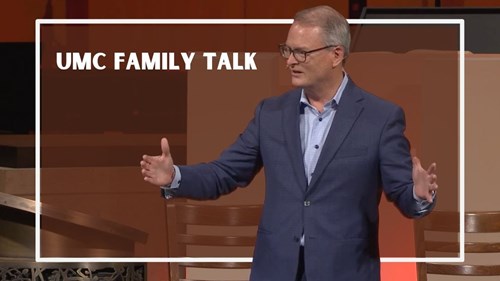
The UMC Family Gathering video, featuring Pastor Adam Hamilton, provides valuable insights into the current state of the United Methodist Church and offers hope for its future. In the video, Pastor Hamilton addresses the concerns raised by individuals like Mark Tooley from the Institute for Religion and Democracy, who believe that the church is in decline and facing an uncertain future.
1. A Different Perspective on Church Decline
While it is true that many churches, including United Methodists and Southern Baptists, are experiencing decline, Pastor Hamilton shares a different perspective. He highlights the fact that there are still vital churches in America, and the message preached by United Methodists has the greatest potential for reaching 21st-century non-religious and nominally religious people.
2. The Power of the Gospel
Pastor Hamilton's personal journey, from being baptized Catholic to attending a Methodist Church, then becoming an atheist, and finally rediscovering his faith in a Pentecostal Church, demonstrates the power of the gospel. He emphasizes the importance of asking questions and seeking answers that resonate with individual beliefs and experiences.
3. The Methodist Church's Rich History
The Methodist Church's rich history, as outlined in the Book of Discipline, can be a source of inspiration for United Methodists. Pastor Hamilton's own experience of reading about John Wesley and the teachings of the Methodist Church at Oral Roberts University sparked a deep connection with the denomination.
4. Hope for the Future
Despite the challenges the United Methodist Church faces, Pastor Hamilton remains hopeful. He points out that Millennials are 45% more likely to attend a mainline Church like the United Methodist Church than an Evangelical or non-denominational Church. Similarly, Gen Z is 33% more likely to choose churches like the United Methodist Church over other options.
5. Personal Testimonies of Growth
To further support his argument, Pastor Hamilton shares stories of United Methodist pastors whose churches are growing and who are excited about the future. He also mentions the baptism of 65 people and the addition of over 200 new members to his own church, Resurrection, in recent weeks.
In conclusion, the UMC Family Gathering video offers a fresh perspective on the challenges and opportunities facing the United Methodist Church. By watching this video, United Methodists can better understand the church's current state and find hope for its future.